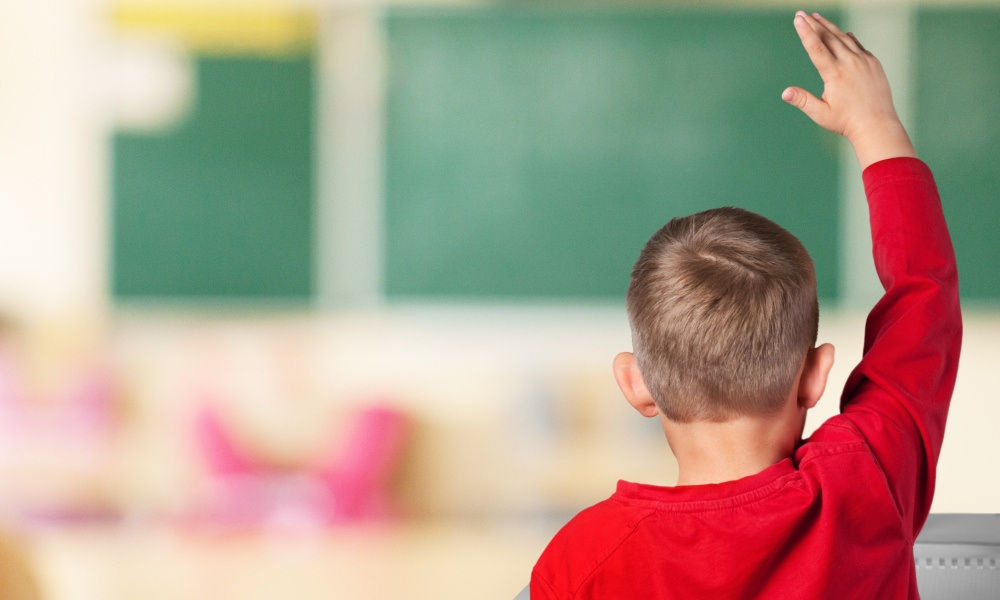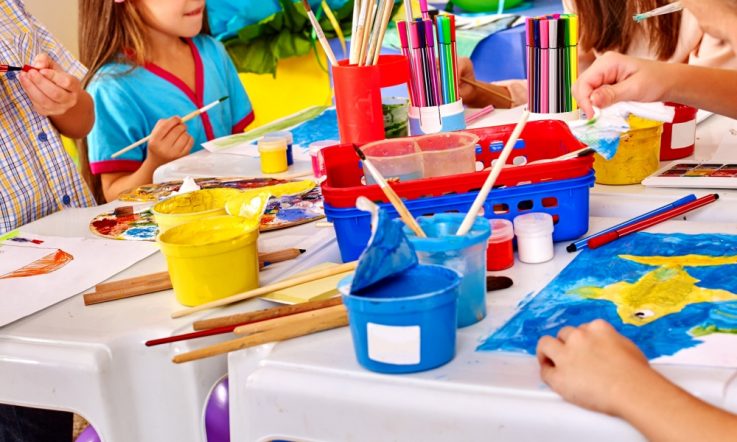New research shows that high performing Grade 5-8 students in mathematics and reading exhibit greater self-regulated learning (SRL) skills than their lower performing counterparts.
Students who are able to regulate their own learning can modify and monitor their behaviour using metacognition, motivation, self-awareness, and self-efficacy to reach a desired learning outcome. Students who can regulate their learning are proposed to gain the most out of education, because their motivations and strategies are focused on learning rather than on receiving external rewards (Boekaerts & Corno, 2005; Pintrich, 2004; Zimmerman, 2002; Zimmerman & Schunk, 1989).
As part of the study ‘Realising the Potential of Australia's High Capacity Students,' conducted by the Assessment Research Centre in the Melbourne Graduate School of Education, 3741 Victorian public school students in Grades 5-8 answered a multiple-choice, 30-item, self-report questionnaire designed to capture their learning motivations and self-regulated learning strategies. Analysis of responses resulted in the assignment of a self-regulated learning competency level to each student.
Students were also tested on their mathematics and reading comprehension abilities. High performing students were characterised as ‘high capacity' if they were in the top 25 per cent of their class in the subject area assessments. Levels of self-regulated learning competency were compared with achievement levels in mathematics and reading.
Research findings
Results indicate that the top 25 per cent of students academically in both mathematics and reading are also those who are best able to regulate their own learning.
When using classroom data to separate students into quarters based on academic performance, the lower quarter of students had the lowest mean use of self-regulated learning skills followed by the middle quarters. The high performing quarter had, on average, higher use of self-related skills.
This connection between academic achievement and self-regulated learning may be due to self-regulated learning capabilities helping students to extend their understanding of different subject areas, so that their capacity to learn new skills is strengthened during their years of schooling. It is likely that the students with the strongest ability to regulate their own learning accumulate understanding and gain an advantage over their peers, so that by the time these students reach Grade 5 those with the highest self-regulated learning skills have also become the highest achievers. These students gain more from their learning experience compared with students who are not as able to regulate their own learning.
Student behaviours
Our research found that students who were regulating their own learning were setting challenging goals for themselves, reflecting on their plans and adapting them when needed. They submitted completed tasks and did extra work to learn more. When they encountered difficult tasks, they used automated regulation processes so they could be successful. When they become distracted, they found ways to refocus. These students valued learning in and of itself and understood their own approaches to learning in ways that allowed them to take advantage of the learning experience.
Importantly, not all high performing students in the study were found to regulate their own learning, and not all low performing students struggled to regulate. While the research shows the link between performance and regulation, each student should be supported based on their own level of self-regulated learning skill use.
Implications for educators
This evidence strongly supports the notion that students should be taught how to regulate their own learning so that they have the capacity to become lifelong learners at school and into adulthood. Evidence of this kind, showing the connection between self-regulated learning and academic performance, may encourage change in practices highlighting the importance of self-regulated learning skills to our students.
Teachers involved in the ‘Realising the Potential of Australia's High Capacity Students' study have been completing professional development to increase their knowledge and teaching of self-regulated learning skills. They are using assessment data gathered about their students' self-regulated learning skill use to design interventions at the level of regulation of the student. Students who need support in using self-regulated learning skills are being taught about the skills involved, how their learning motivations will affect their performance, and how to implement better learning practices.
It is worth considering what could be achieved if all students were taught self-regulated learning strategies.
Susan-Marie Harding is project leader for the ‘Realising the Potential of Australia's High Capacity Students' study. The other team members are: Emeritus Professor Patrick Griffin and Professor Lorraine Graham (chief investigators); Tamara Lindorff (partner investigator); Nives Nibali and Narelle English (PhD research students); and BM Monjurul (programmer).
References
Boekaerts, M., & Corno, L. (2005). Self‐regulation in the classroom: A perspective on assessment and intervention. Applied Psychology, 54(2), 199-231.
Pintrich, P. R. (2004). A conceptual framework for assessing motivation and self-regulated learning in college students. Educational Psychology Review, 16(4), 385-407.
Zimmerman, B. J., & Schunk, D. H. (1989). Self-regulated learning and academic achievement: Springer Science & Business Media.
Zimmerman, B. J. (2002). Becoming a self-regulated learner: An overview. Theory into practice, 41(2), 64-70.
Susan-Marie Harding says the research found ‘students who were regulating their learning were setting challenging goals for themselves, reflecting on their plans and adapting them when needed.’
How are students in your class involved in the goal-setting process for their own learning?
Do you encourage students to reflect on their learning? How often do you set aside time for students to review their progress, goals and next steps?



